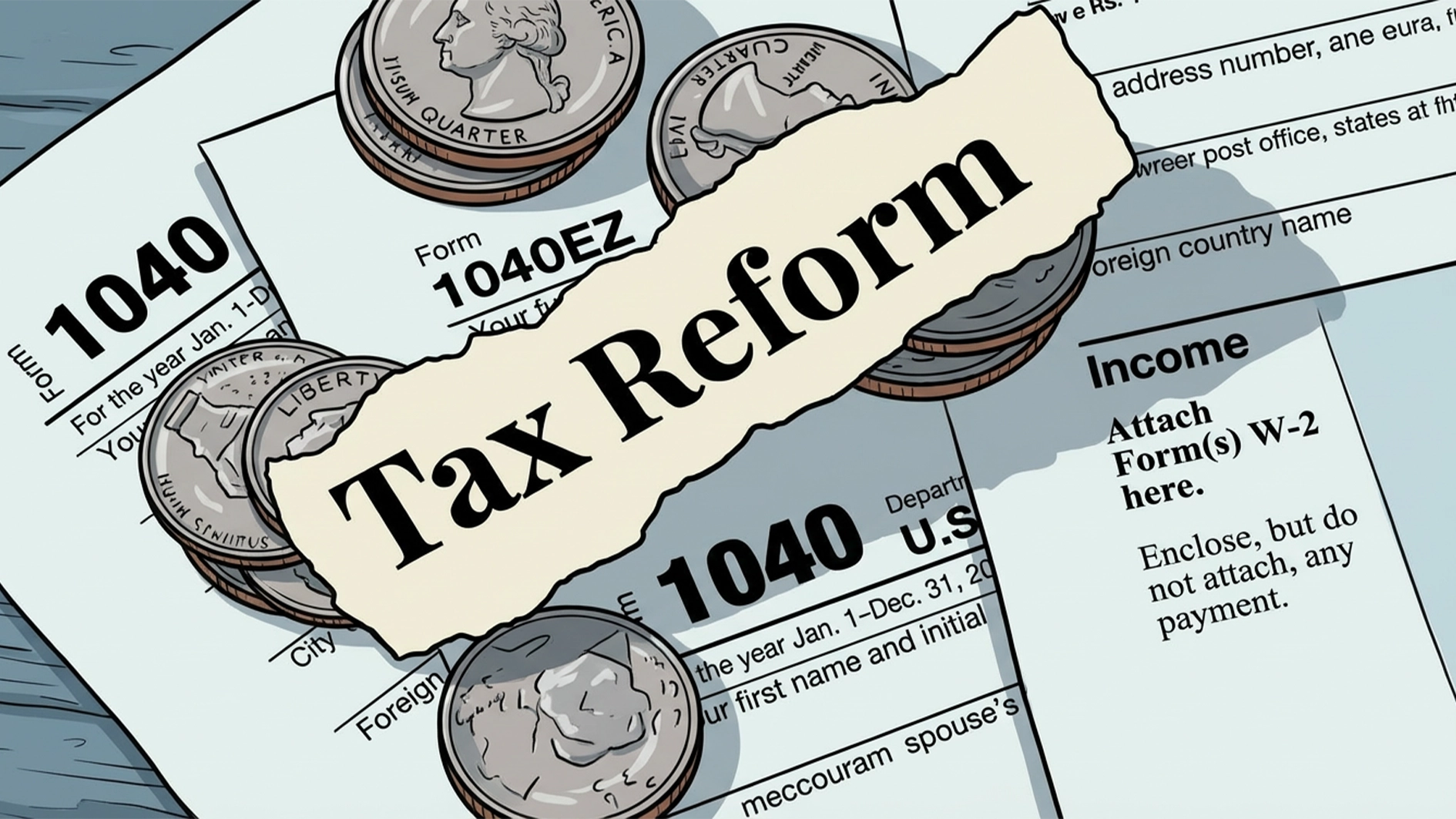Climate change experts have lamented an estimated yearly loss of over $29 billion for small businesses due to unreliable energy sources, warning Nigeria and other African countries against an imminent repeat of the mistakes of the fossil era.
They also expressed concern that the Africa continent is losing a lot due to the exploitation of its mineral resources by foreigners, and they highlighted that an estimated 80 million Nigerians lack access to reliable energy.
They made the observation in Abuja during the Close-Out Ceremony of the BudgIT Foundation and PublishWhatYouPay (PWYP) Climate Fellowship Programme organised to celebrate the achievements of the fellows.
Speaking, PWYP Africa Head Vincent Egoro, who disclosed that families spend more money on kerosene and diesel than on their children’s school fees, regretted that small businesses are losing over $29 billion every year due to unreliable power.
Egoro, who further revealed that over 600 million people lack access to clean energy across Sub-Saharan Africa, lamented that other continents are exploring Africa’s mineral resources and reserving their own for the future.
“United States of America (USA) are redesigning their supply chains, but too often, Africa is left once more as a source of raw materials. In fact, Africa is not the only continent that has critical minerals. America has a huge reserve. China has a huge reserve. Europe has, but Africa is the only continent that is being exploited.
“The rest of them are keeping theirs, and they are coming to Africa to tap. So China is known as the biggest producer of factories and even panels.
“And I hear that the President is going to commission the factory in Nasarawa, owned by the Chinese right, but they are leaving theirs on the ground. We must refuse to let energy transition repeat the mistakes of the fossil era. We must insist on justice.
Earlier, Enebi Opaluwa, lead of BudgIT Foundation’s Natural Resource and Climate Governance Programme, explained that the programme was designed to empower community voices, advocates, and highlight issues surrounding energy transition, renewable energy, and climate change.
“This fellowship was designed to empower advocates, young organisations and leaders who are working in the area of climate change and energy transition, to give them the skills, the knowledge, the networks, the connections, to amplify the work that they are doing at the grassroots level.”
One of the fellows, Dr. Onuoha Okocha, a lecturer in Animal Science, urged the other fellows to engage with community members in every sector, dialogue with religious groups, and other stakeholders to ensure clean energy at the grassroots level.






